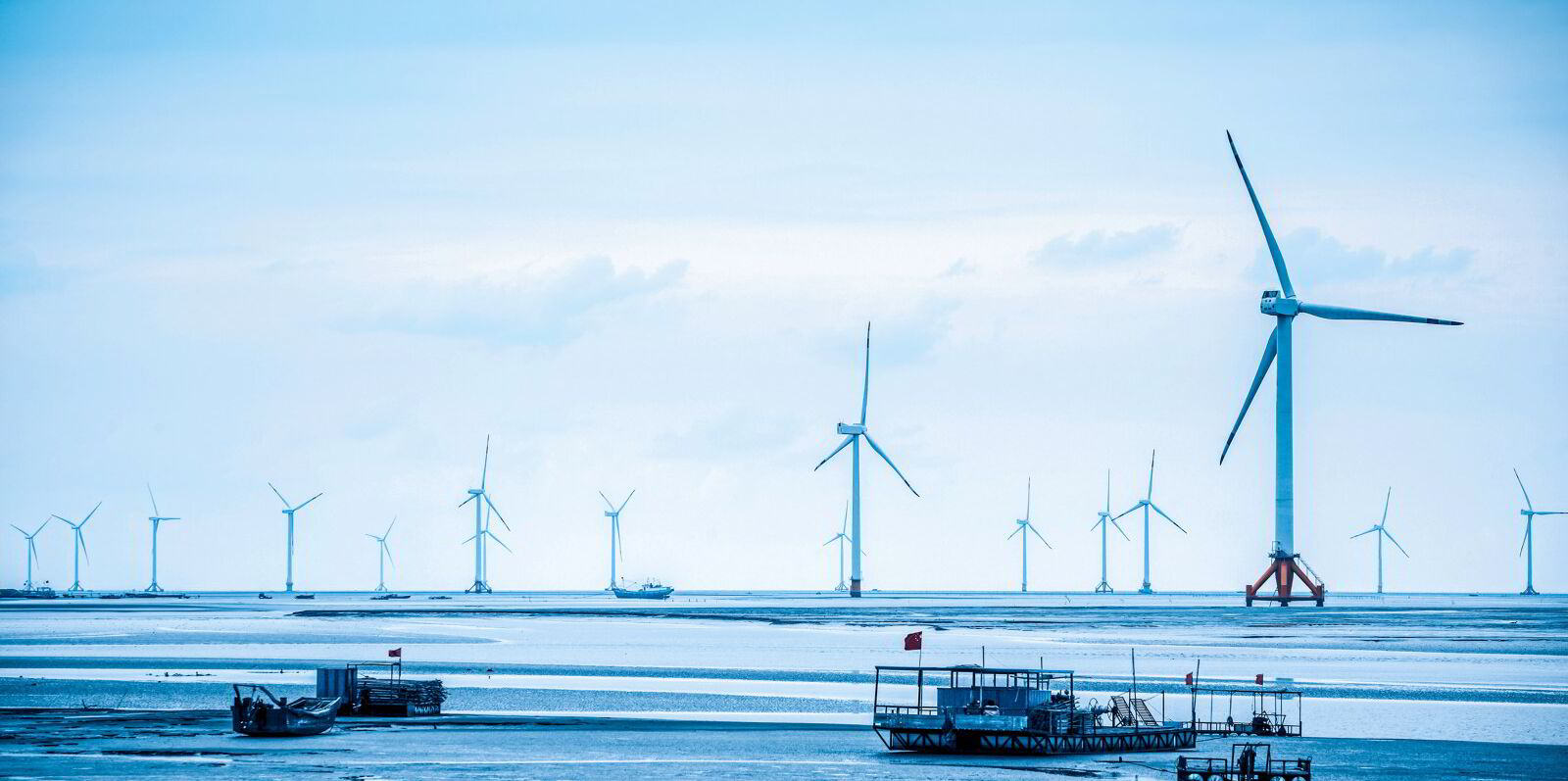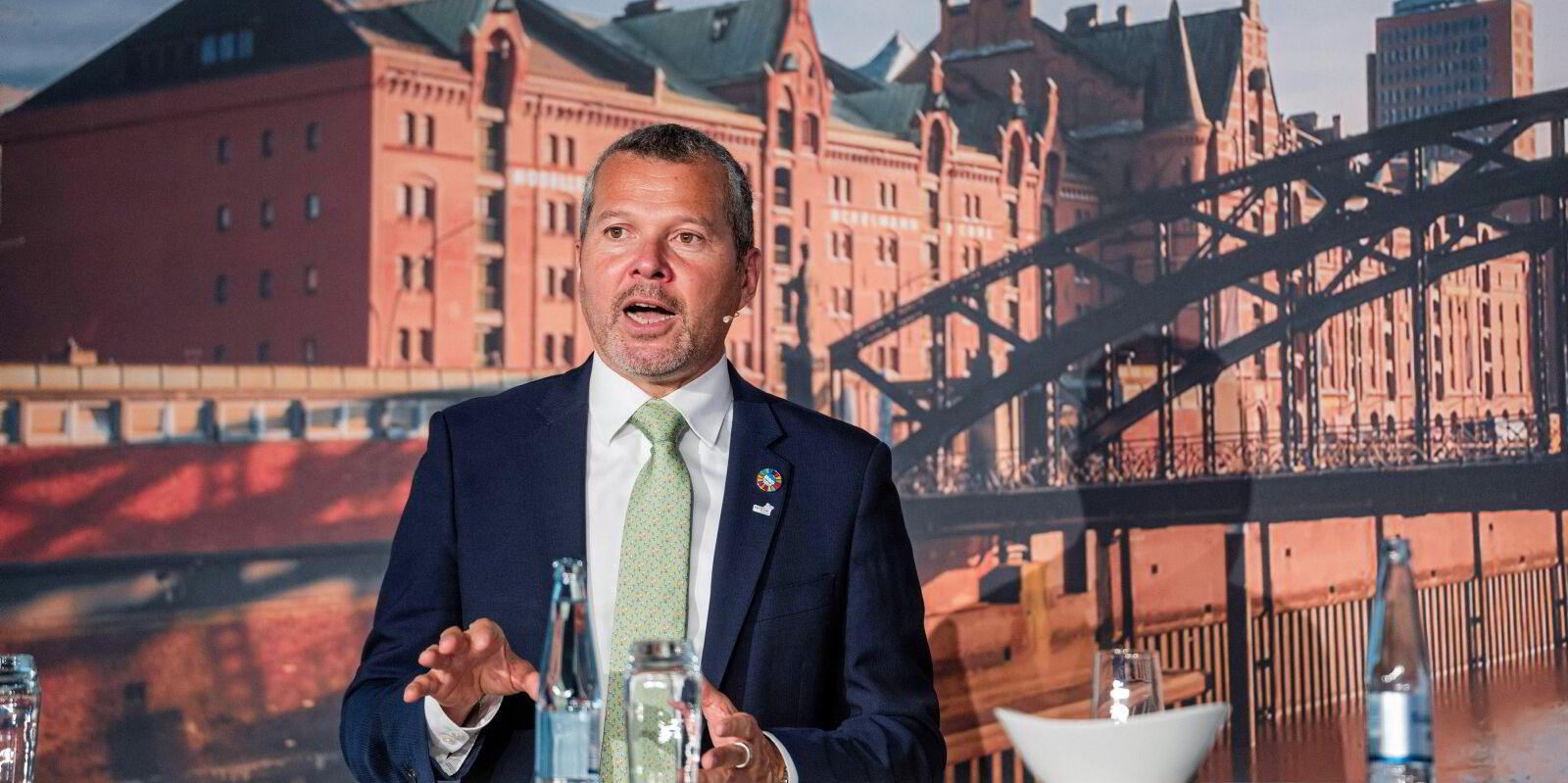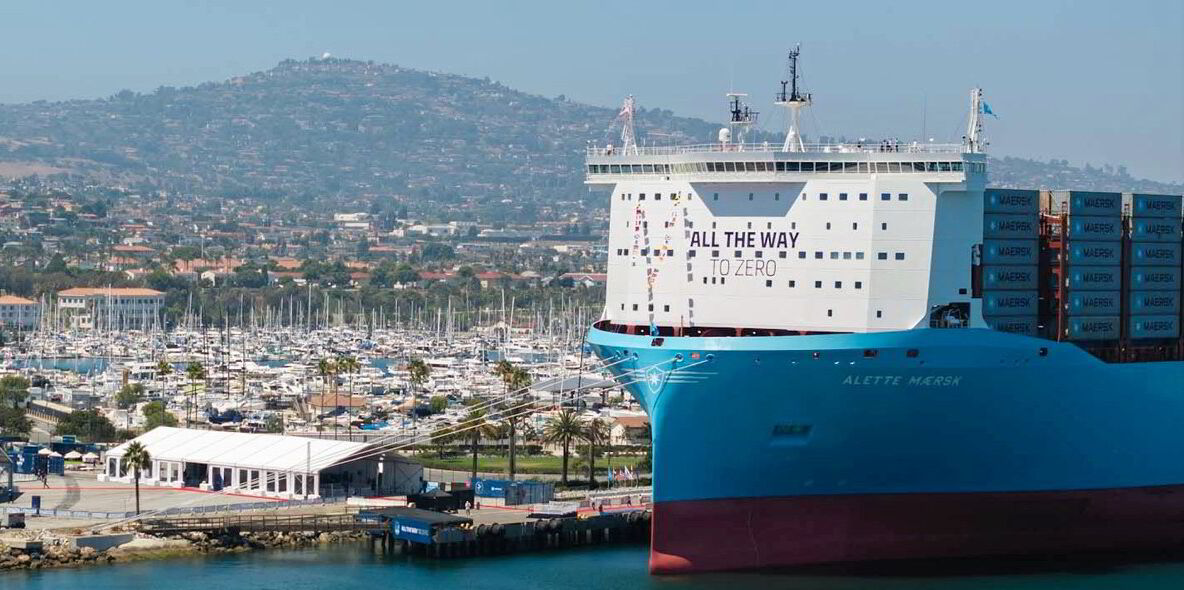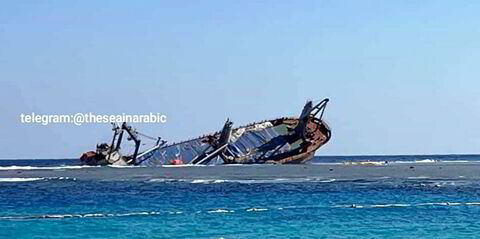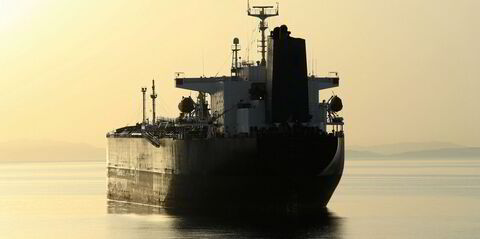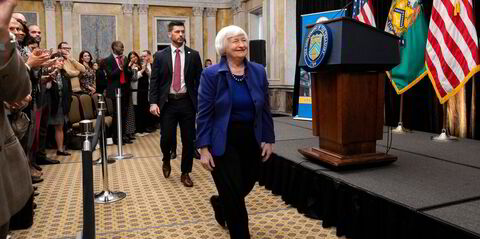Regulators are set to conclude years of talks on exactly which economic measure will be used to encourage shipping to meet the 2050 net-zero emissions targets.
Whichever option is chosen, it could extract up to $127bn from the industry through a levy or feebate.
Whatever decision is made on how that revenue is spent, it has to result in the fuels for the fleet being made available. Fuel makers need to be given strong incentives or mandates to feed fuel to the industry to ensure they can achieve the targets.
To ensure this happens, there needs to be a suitable mechanism to use the revenues made from shipping to enhance maritime fuel production.
Lobby groups have long called for any rules that come out of the International Maritime Organization to be based on a level playing field, but there is no doubt that this level playing field will benefit some owners more than others, just as it will benefit some countries more than others.
Whether the industry sees a levy, feebate or flexibility mechanism, or a hybrid mix, the likely winners will be the larger shipowners that have already begun to embrace the inevitability of low-carbon fuels or new technologies.
Therefore, a mandate must ensure that fuel is made available.
The same goes for countries. Some are in an enviable position themselves for the transition. A look at the work on green corridors shows which countries are gearing their ports for the future.
Some IMO member states, notably least-developed countries and small island developing states, have voiced concerns over carbon prices impacting freight costs and making imports more expensive.
Balancing the playing field?
While this may be true, the proposals include raising revenues for a fund to support least-developed countries and small island developing states. This attempt to level the playing field could fall in their favour.
Some sources at the IMO talks have suggested that it could stimulate trade.
A further factor in the revenue distribution that keeps coming up is the continued labelling of China as a developing country. Raising revenues to support Chinese exports is a rather odd scenario and likely to upset some member states.
The disbursement of up to $127bn will require careful discussion. How much should be fed back to the shipping industry to help it with its decarbonisation journey, and how much will be used to appease member states who feel this journey is uneven?
One easy solution could be to strengthen support for developing countries to become clean maritime fuel producers.
There are already commercial examples such as CMB.Tech’s hydrogen and ammonia project in Namibia. Many of the least-developed countries, small island developing states and other developing countries are often located in warm, sunny climates or with solid winds, making them ideal for generating green electricity from wind or solar power.
Fuel supply gap
With the right support, they can become suppliers of maritime fuels, helping bridge the gap between fuel availability and fuel demand as shipping’s transition journey speeds up.
The challenge is that these projects need immediate support to develop in line with the transition.
Shipping needs clean fuels, and these countries can be supported to deliver them.

